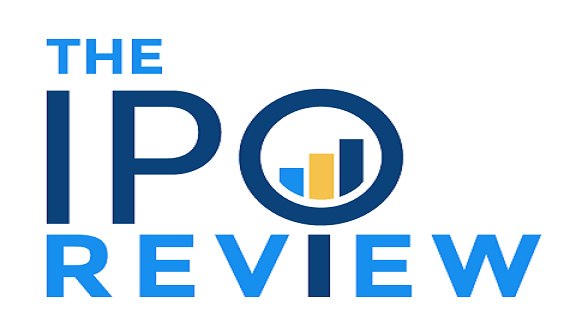GO2 is a WA-based labour hire company raising
between 10 to 12 million, with a post listing indicative market capitalisation
of 23 to 25 million. The offer closes this Friday.
The first thought I had when looking at the G02 IPO
is that investors should be getting a great deal. GO2 owes 3.8 million owed to
the ATO, has working capital issues with increasing receivables, and is set to
make a loss for FY17. If the IPO doesn’t go ahead there seems to be a real
possibility the company could be out of business in a few months. With that in
mind, you would think the IPO would be priced low enough to ensure that the
offer doesn’t fall through. Unfortunately for investors, this doesn't seem to
be the case.
Company
outlook
G02’s revenue has been on a bit of a roller coaster
over the last few years. After only 20 million of revenue for the 2015
financial year, the company revenue shot up to 26.5 million for the first half
of FY16 before falling off a cliff. Getting your head around the company’s
revenue numbers is harder than it should be thanks to sloppily labelled profit
and loss table in the prospectus. In the below table, the December 15 and 16
columns are half year figures, despite the profit (loss) label being “for the
year.” Given this is probably the most important table in the prospectus, you
would think someone would double check these things.
To get a clearer picture than this table provides, I graphed the
revenue below in six-month blocks for the last two years. Numbers for july 2017
have been extrapolated from the provided 30 April figures.
GO2 blame the downturn both on depressed market
conditions and a preoccupation with getting ready for the IPO. It doesn’t seem
like a great reflection of management that they could become distracted enough
to lose half their revenue, but then again what do I know?
Valuation
I struggled for a long time to get an understanding
of what I thought of the IPO price. GO2 is going to get a significant cash
injection of 10 to 12 million if the IPO goes ahead, increasing the company’s
net equity from just over half a million to around 10 million. This will have a
significant effect on the company’s operations, which means it seems unfair to
use their pre-IPO revenue to value the company.
One way to look at it, is to look at the value that
has been assigned to the company before the cash injection of the IPO. As the
company is being valued at 25.6 million with a 12 million dollar IPO, this
means the pre-IPO company is being assigned a value of 25.6-12 = 13.6 million.
For a company that made a profit after tax of 1.229 million after tax last
financial year but a loss of $421,696 in the most recent reportable 12 month
period, this doesn’t seem like a great deal. Even if we ignore the recent
downturn and use the FY16 numbers, we get a P/E ratio of 13.6/1.229 = 11.065. By
way of comparison, NAB shares are currently only trading marginally higher at a
P/E ratio of 13.85, and a 41% dip in revenue for NAB would be almost
unthinkable. You could argue that the potential upside for a company like GO2
is much higher, but I still think given the marked drop in performance, the
valuation placed on GO2’s current operation is a little high.
While 95% of revenue so far has come from the
recruitment business, 72% of money raised from the IPO after costs and ATO debt
reduction are subtracted will be invested in thebuilding side of the business.
GO2’s founder Billy Ferreira has a background in construction, and the
prospectus argues that given they already have access to a workforce through
their labour hire business, they are well placed to succeed in this area. It is
this element of the prospectus that makes me second guess my opinion that the
IPO price is too high. The company has a signed Memorandum’s of Understanding
with property investors, and could potentially grow this side of the business
very quickly.
Escrow
One of the good things about this IPO, is that
basically all shares other than those bought in the IPO will be held in escrow.
This means there is no short-term risk of pre-IPO investors offloading their
shares and hurting the share price. If you are a short-term investor, this may
be significant for you, but as the goal of this blog is always to identify long
term opportunities I do not put too much weight on this point.
Summary
This is probably the IPO I have been most
indecisive on. GO2 have managed to grow very quickly, and it looks like one of
their main barriers to growth has been managing their working capital, a
concern that should be eased thanks to IPO funding. On the other hand, I can’t
help thinking that the seemingly distressed nature of the company means that
investors should be given a slightly better price to invest. Somewhat
reluctantly then, I will be giving this IPO a miss.


